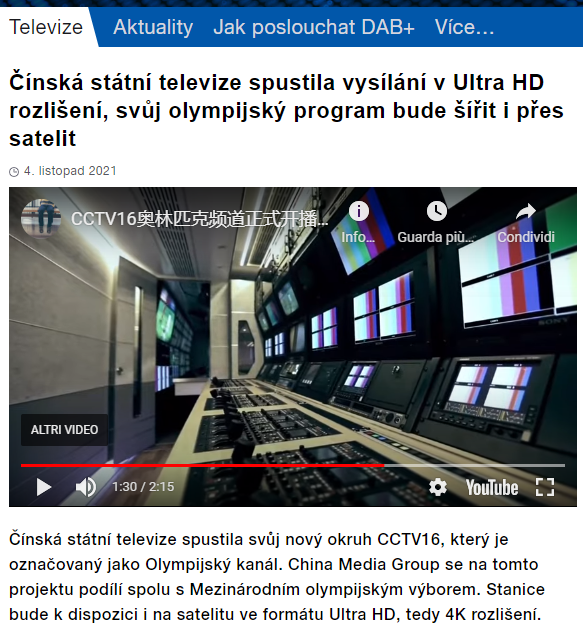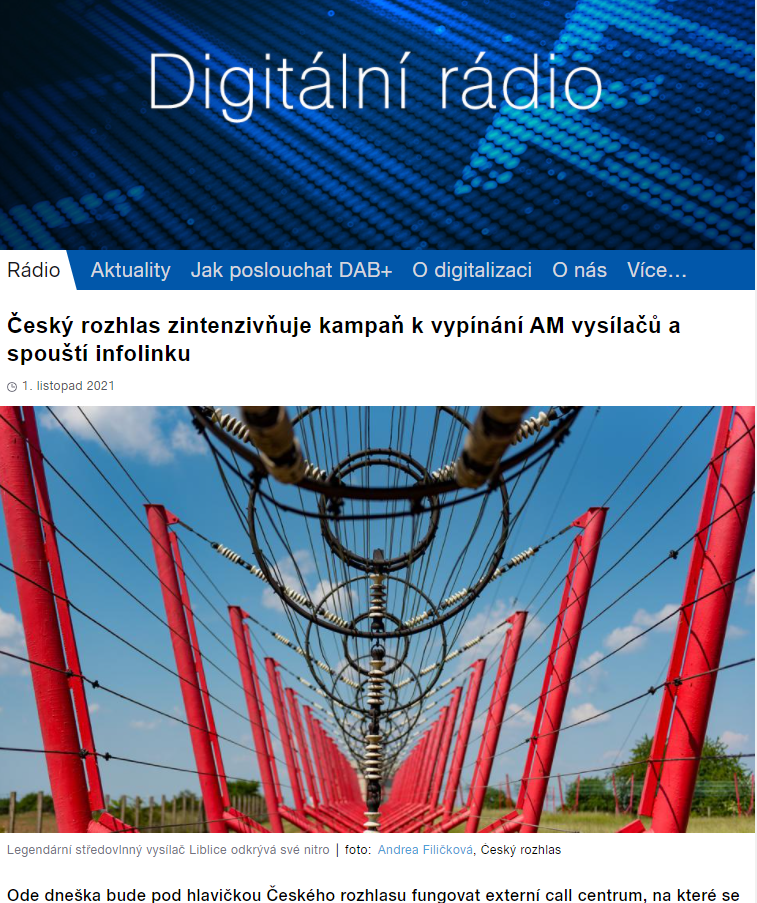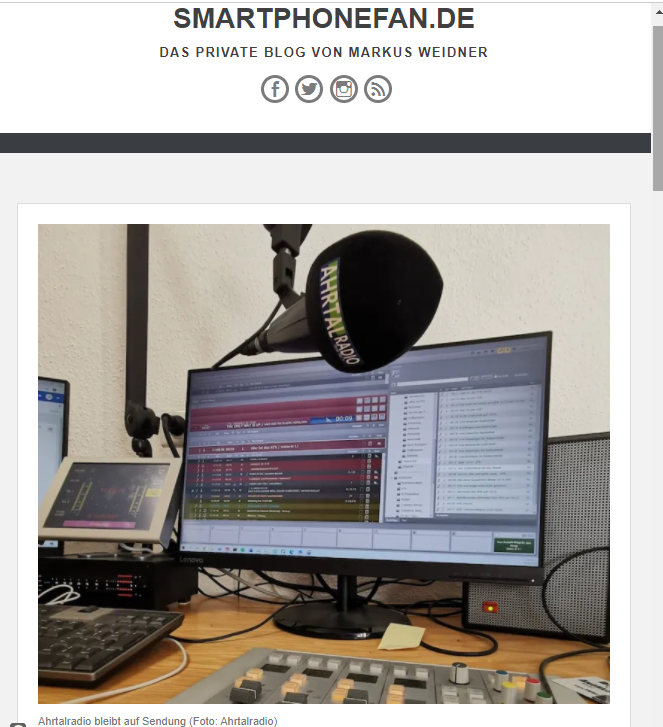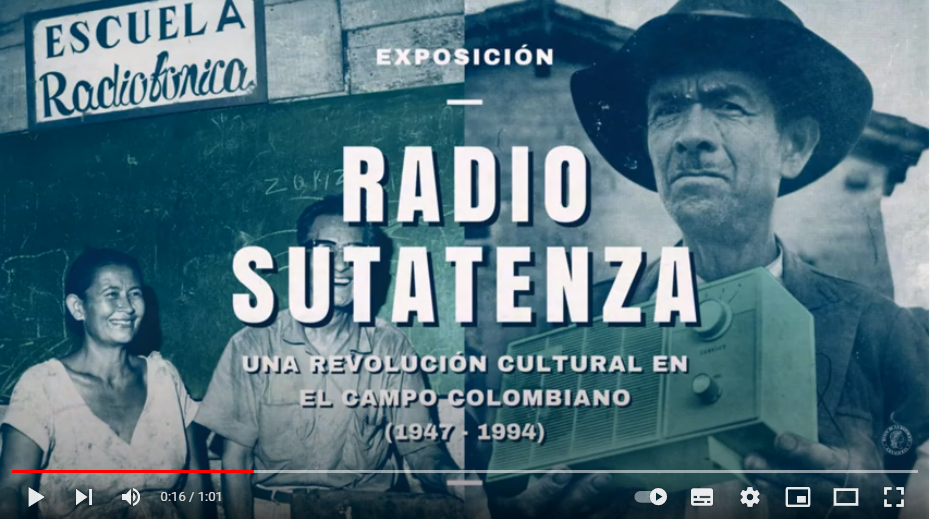
Source
“Radio Sutatenza: a cultural revolution in the Colombian countryside (1947 – 1994)” is an exhibition that reconstructs the history of the famous radio station, which sought to reduce the abysmal distances between the quality of rural and urban life through education in the basics and at a distance. Managed by the Acción Cultural Popular (Acpo), an educational company of Catholic extraction, it used an educational method that combined communication technologies with a model of Comprehensive Fundamental Education (Efi), seeking to generate social change. In forty years, working with public and private entities, Acpo has created a network of educational media in more than nine hundred Colombian municipalities.
An evergreen slogan
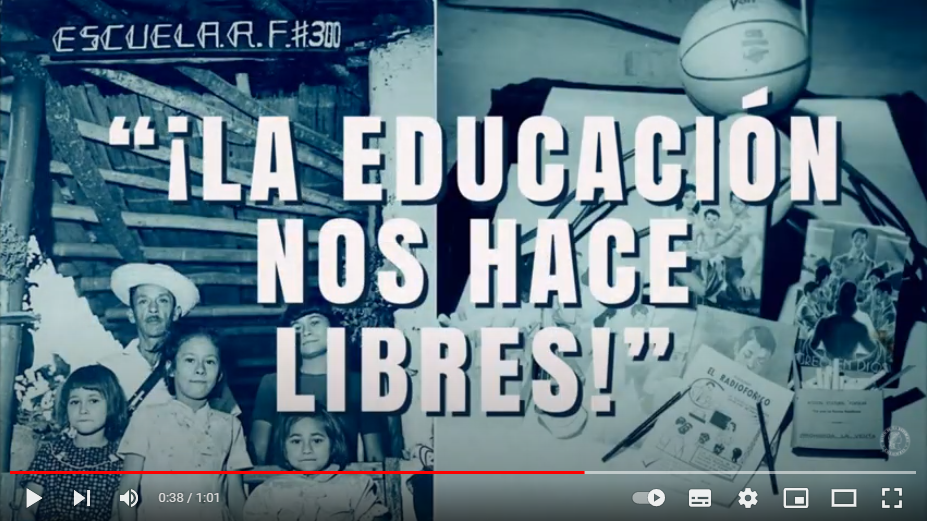
Source
“Education makes us free” was the slogan used to invite the peasants to participate in the radio movement and to practice independently. The success of Radio Sutatenza stemmed from the fact that teaching entered the homes of thousands of peasants, many of whom set up radio schools in their homes to welcome those approaching learning for the first time, to meet their neighbours, but also to listen to entertainment programmes. The travelling exhibition has been taken to different cities in Colombia for several years. Videos are available on YouTube and several images of the exhibition can be found on the website of Studio Machete, which designed the exhibition layout.

